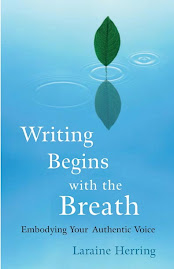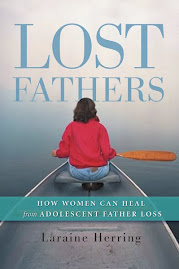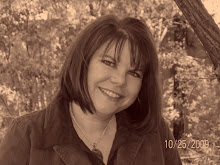I've been reading Bret Lott's memoir BEFORE WE GET STARTED:A Practical Memoir of a Writer's Life. I went amazon-searching last week to see what sorts of memoirs were out there by writers about writing -- not about the craft of writing, but about actually writing. May Sarton's journals. Anais Nin, of course. (What would we do without Nin?) Books with advice for the writing life in its practicalities, but not very much about the relationship between writer and writing. This is the most intimate relationship in my life. It is my first relationship, and will likely be my last.
I'm enjoying Lott's work. In the current unfolding of the publishing industry, it's interesting to hear a white guy talk about being told (literally) by his editor about his novel (this is after the Oprah-driven success of his novel JEWEL) that everything about his book was perfect except for the fact that he was a white, middle class man. I laughed out loud. It really brought home the irrationality of the publishing industry today. You can fill in that "white, middle class man" with whatever group you like. There's usually only one 'hot' group at a time in the biz. It's pretty much always the time for white middle class women if you want to write romance. If you don't ... well, I've considered taking on a surname of Mendez, al Hassid, White Buffalo, Tran, Yu, Okigawa ... you get the picture. Problem is, I can't predict which one will be the way to go.
Lott also talks about trying to sell his literary mystery (again, this is after the JEWEL success) and how his success became his hindrance because the marketers felt they couldn't market the book to a mystery-reading audience because he'd established himself as 'literary'. So, he sent it out with a nome de plume, and had it picked up by a publisher of mysteries. When they found out who he really was, they (the marketers) decided they should actually use his real name because there was already a cache around it. This took two years of his life, to end up with his own name with his own book. Novel idea. :-) Heaven forbid we, as writers, take a step outside of what we've always done and try to do something different. Once the brand has been established successfully, the golden handcuffs snap on. I'm not sure yet if his book is comforting me or discouraging me. It is, at the very least, normalizing my experience.
In one of my creative writing classes yesterday, we talked as a group about the ways our work comes to us. One young man has visions of places. One woman, who has never even been to the south, hears Southern women. One woman receives an idea in dreams, always on a platter of food. I love this discussion and I usually begin every semester with it. I want the students to know they're OK. I want them to know that however they relate to this unrelate-able thing, that they're OK. That they've made it this far without having that beaten out of them, metaphorically or otherwise, is something worth celebrating. My students inspired me yesterday, as they often do. Their relationship to language and story is different from mine, but the same. Their eagerness to dive into it, and (yes, I must admit) their youth, is intoxicating. This class has a group of uber-smart late teenagers. I love that age when they're danger-smart. I remember when I was danger-smart and young. They sit together in a row of five. I know high school more than sucked for most of them. Many of them are just socially awkward enough to have suffered at the hands of the power-cliques. But they explode when they're allowed to talk about this relationship they have with their work. They couldn't stop talking.
Ah, I thought. This is perhaps the beginning of wherever I'm taking BETWEEN SKINS. What can it matter which nationality is the writer du jour? There's nothing that can be done about it. What does matter is the work. What does matter is these students and their eagerness to dive into it, even as practicalities have begun to weigh on them. What does matter is that writers who write hear things, see things, touch things that others don't or can't. What does matter is that we keep fighting for the voices -- our voices, not the voices of the marketers, or the publishers, or the critics. And not our voices as the authoritative author -- the voices we've been given the privilege of hearing. They are what matters. We are only a conduit for them. They are who we serve.
The role of the artist is becoming more radical in these times. Let's embrace that role rather than fight it. Let's do what we do, because if we don't, we will find only ourselves dying. Marketers won't find themselves sick because they don't pick a certain book for the next cycle. But we will. We will find ourselves sick in myriads of ways if we do not do what we have been gifted to do. The gift is ours, and the only ones who can use it are us. Don't let anyone tell you your gift isn't the right one for the moment. It's the only one you have. Move into it and embrace it. I don't know if you'll find a publisher or an agent. I don't know if your book will get remaindered before it even sees the light of day. I don't know if I'll ever get another contract.
But that isn't the gift. The gift isn't: Thou shalt be published always.
The gift is: Thou shalt write.
Subscribe to:
Post Comments (Atom)











No comments:
Post a Comment